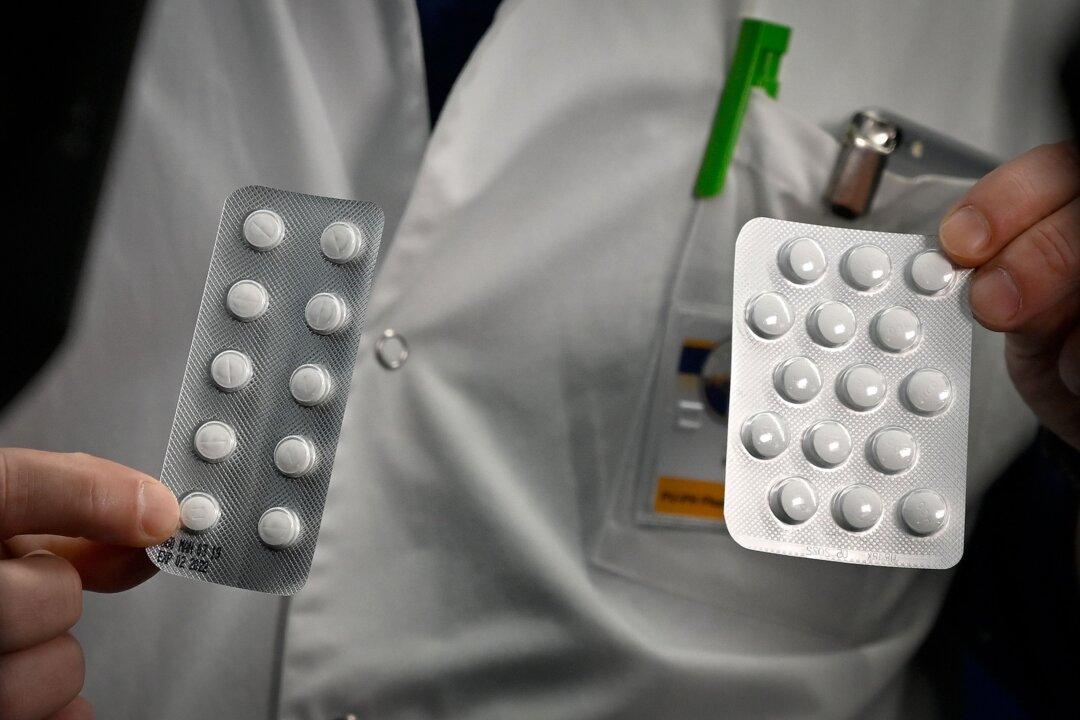President Donald Trump is “feeling great” after taking hydroxychloroquine for two weeks in a bid to prevent infection of the CCP virus, the White House said, soon after Indian researchers found the drug is effective as a prophylactic.
“He’s feeling perfect. He’s feeling absolutely great after taking this regimen,” White House press secretary Kayleigh McEnany told reporters in Washington.





